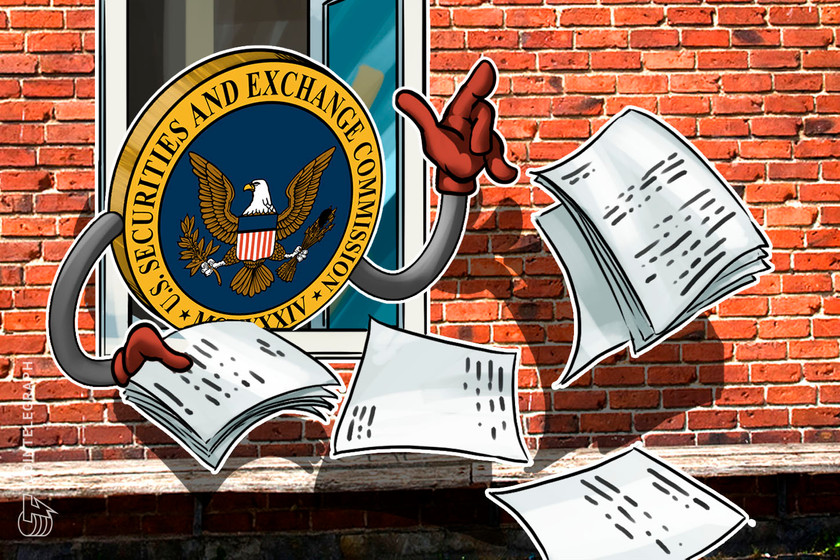Circle and BlockFi questioned on banking with SVB by Warren and AOC


Circle and BlockFi executives were questioned after the lawmakers accused Silicon Valley Bank of “coddling” and giving “white glove” treatment to its largest depositors.
Executives at the stablecoin issuer Circle and the bankrupt cryptocurrency lender BlockFi have been questioned by two members of Congress investigating the so-called “mutual backscratching arrangements” alleged to have taken place with the now-failed Silicon Valley Bank.
On April 9, letters from Senator Elizabeth Warren and Representative Alexandria Ocasio-Cortez (AOC) were sent to Circle, BlockFi and 12 other non-crypto tech firms asking a series of questions on each firm’s relationship with SVB.
The lawmakers stated that more needs to be known about SVB’s reported “coddling” and “white glove” treatment towards its largest depositors in order to understand if these firms played a role in SVB’s collapse.
Jeremy Allaire and Zac Prince, the respective chief executives of Circle and BlockFi, were questioned on the length of their financial relationships with SVB and t amounts deposited with the bank, along with what “agreements” were made between their firms.


In addition, the pair wanted to know if SVB offered “perks” such as low-interest rate mortgages or SVB-sponsored “ski trips, conferences and fancy dinners.”
“Congress, bank regulators, and the public are owed an explanation for the bank’s hyper-reliance on tech industry firms and investors,” Warren and AOC wrote.
Related: Polls suggest Elizabeth Warren’s anti-crypto army strategy won’t pay off
They added the extent of SVB’s depositors in the tech industry resulted “in an abnormally high percentage of deposits” not insured by the Federal Deposit Insurance Corporation and questioned the executives on “the role that companies like yours might have played in precipitating the $42 billion single-day-run on SVB.”
“Obtaining information on these factors is important for understanding how SVB failed and how to prevent the next failure,” they added.
Warren and AOC said they believe it may explain why some customers, such as Circle, placed extremely large amounts of uninsured deposits at SVB.
Shortly after SVB collapsed, Circle disclosed that it had $3.3 billion tied up at SVB, while BlockFi was found to have $227 million in uninsured deposits with the bank.
Magazine: Unstablecoins: Depegging, bank runs and other risks loom







